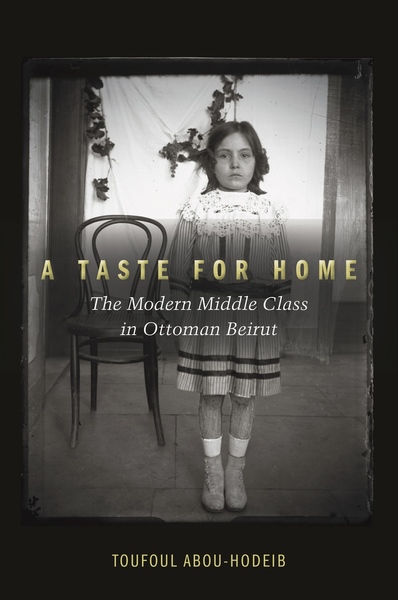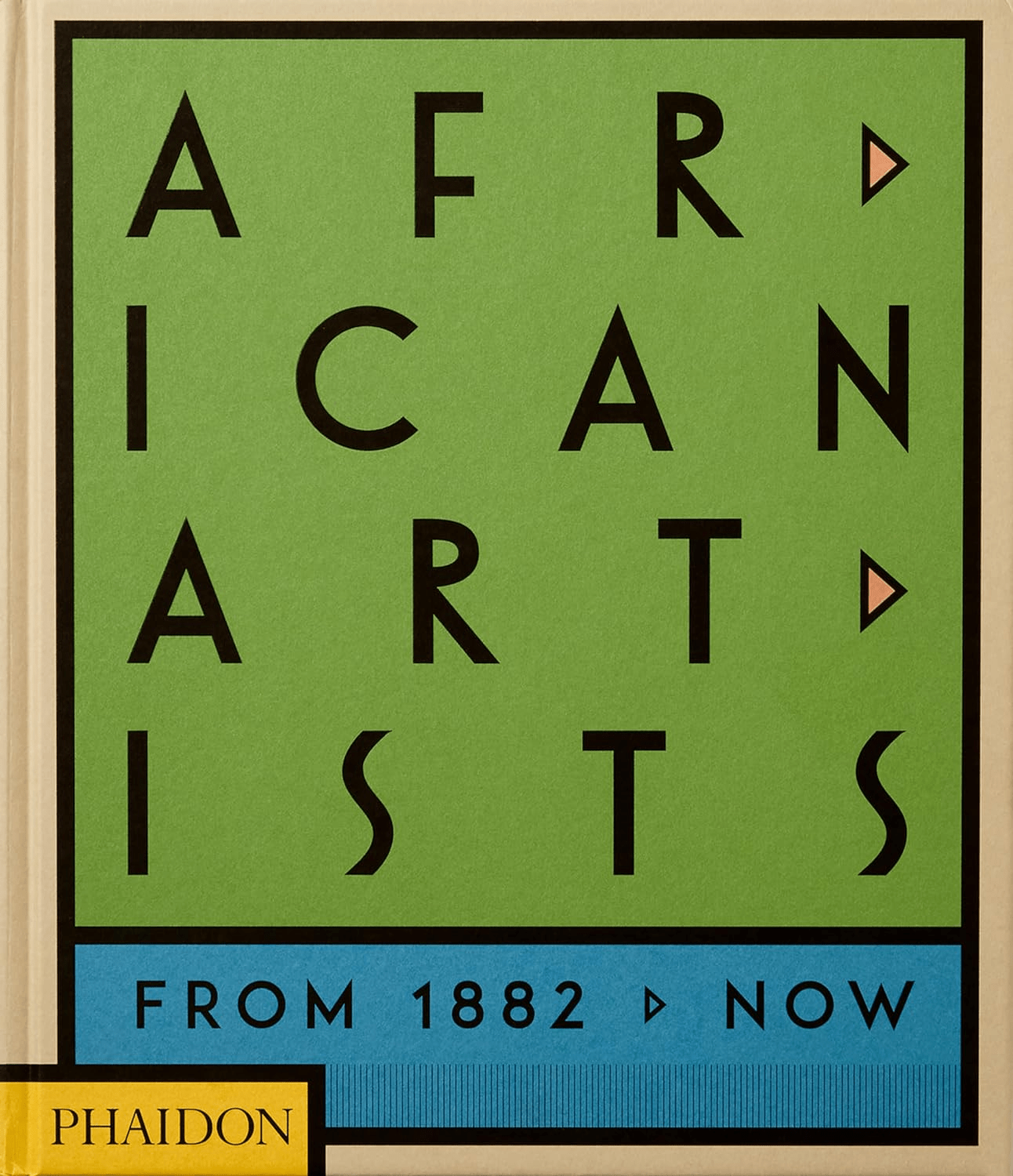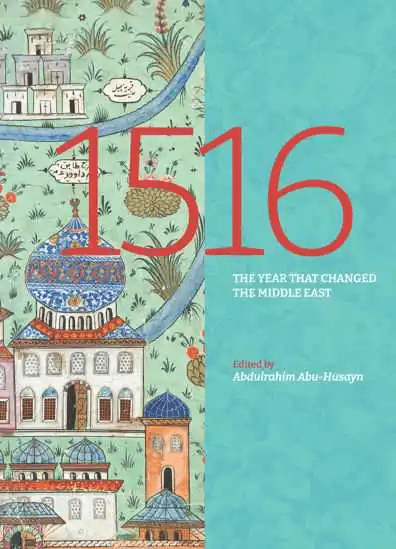
A Taste for Home: The Modern Middle Class in Ottoman Beirut
Matthew Teller
Toufoul Abou-Hodeib
2017, Stanford UP, 978-0-80479-979-9, $65 cloth.
In the late 19th and early 20th centuries, Beirut grew from a small coastal town into an international port city. Rapid political and economic development brought social change as a newly empowered Arab middle class developed tastes for consumption that influenced new ideas of domesticity. Abou-Hodeib takes that social upheaval as the spark to investigate the middle class’s “global intimacies of taste.” With access to archival sources ranging widely across French, English, Arabic and Ottoman Turkic, she looks at how Beirut became a place seen as “neither Oriental nor quite Western.” She delves deeply into Beiruti lives, for example, by examining advertisements to understand how material objects defined notions of social status. Of the many points that emerge, one stands out. European imperial influence may have played a role in shaping urban development, but on the ground—and especially in the new privacy of home—Beirutis were making their own city.
You may also be interested in...

A Century of African Art, in 300 Voices, All in One Book
From Cairo to Khartoum to Casablanca, this volume traces how African artists have shaped—and reshaped—modern art over the past century.
Editor Challenges Readers To Witness Islamic History Sans the Modern Lens In New Book
In 1516, Ottoman Sultan Selim I entered Damascus clean-shaven. What followed changed Arab-Turkish relations for 400 years.